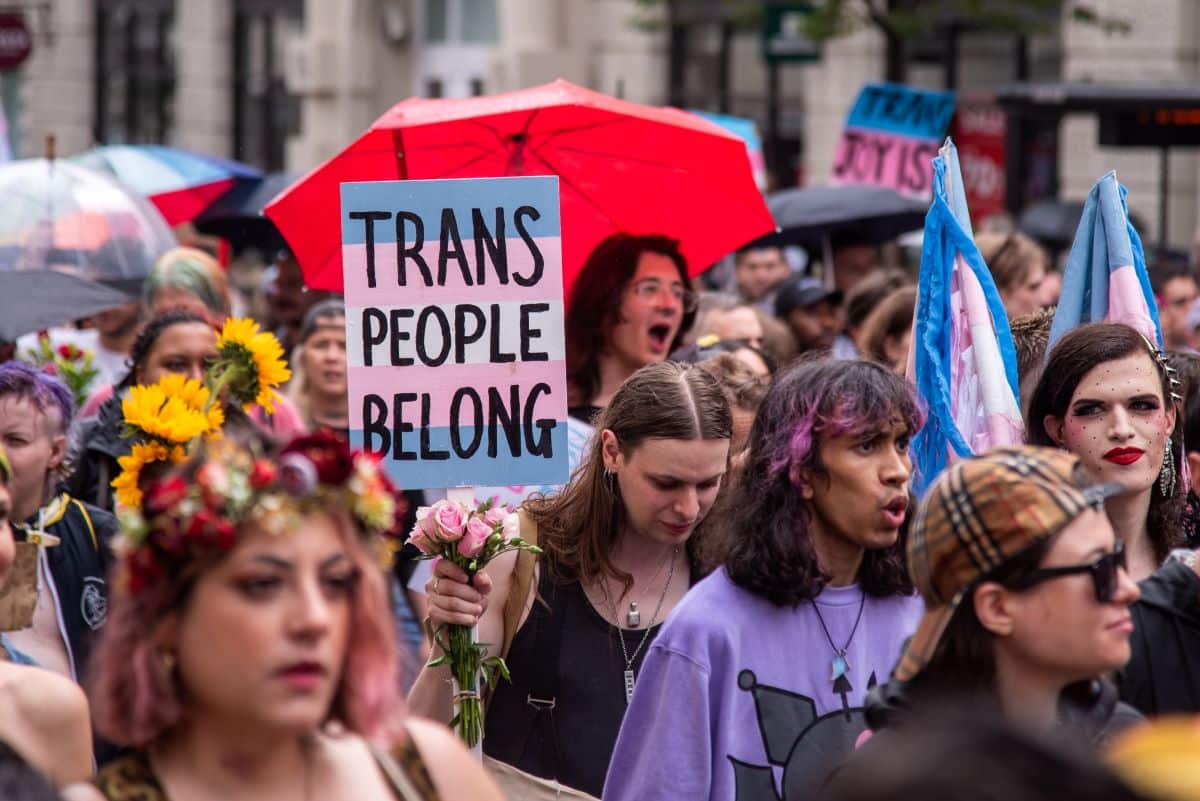A group of clinicians and academics have branded the Cass Report on transgender youth healthcare as “deeply flawed,” sparking a heated debate over its findings and implications. Here’s the full story.
Debate Heating Up

The debate over transgender rights in the UK is heating up as the election draws closer, with author JK Rowling, who has become an increasingly outspoken activist against transgender rights in the UK, expressing reservations about the Labour Party’s stance on gender recognition reforms in an article for The Times.
Rowling’s Reservations

Rowling, who has previously been a Labour voter and has made significant donations to the party, wrote that she would find it hard to vote for a party that “remains dismissive and often offensive towards women fighting to retain the rights.”
Spotlight on Trans Rights
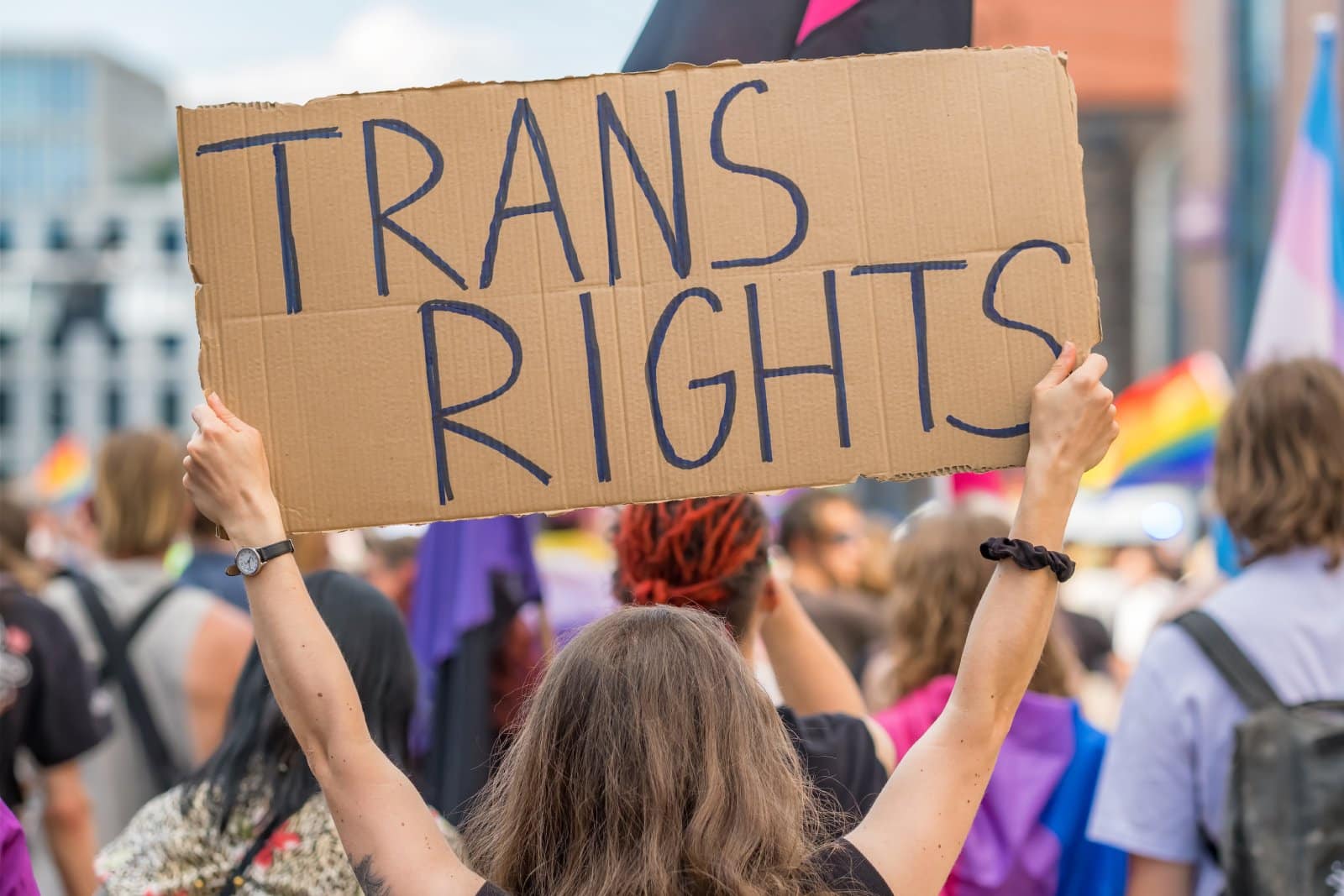
With Rowling putting the debate over trans rights firmly back in the spotlight in the lead-up to the election, a working group of over 20 clinicians and academics who specialise in transgender healthcare, led by Dr Chris Noone, an expert in LGBTQ+ health research, have criticised the Cass Report, labelling it “deeply flawed.”
The Cass Report

This Cass report, an independent review commissioned by NHS England, aimed to assess and restructure the provision of healthcare for transgender youth in England, and was held up by the Conservative government as the final say in transgender youth healthcare.
Recommendations Published.

The comprehensive 400-page review was published in April and included 32 recommendations for improving care for transgender youth.
Commissioned in 2020
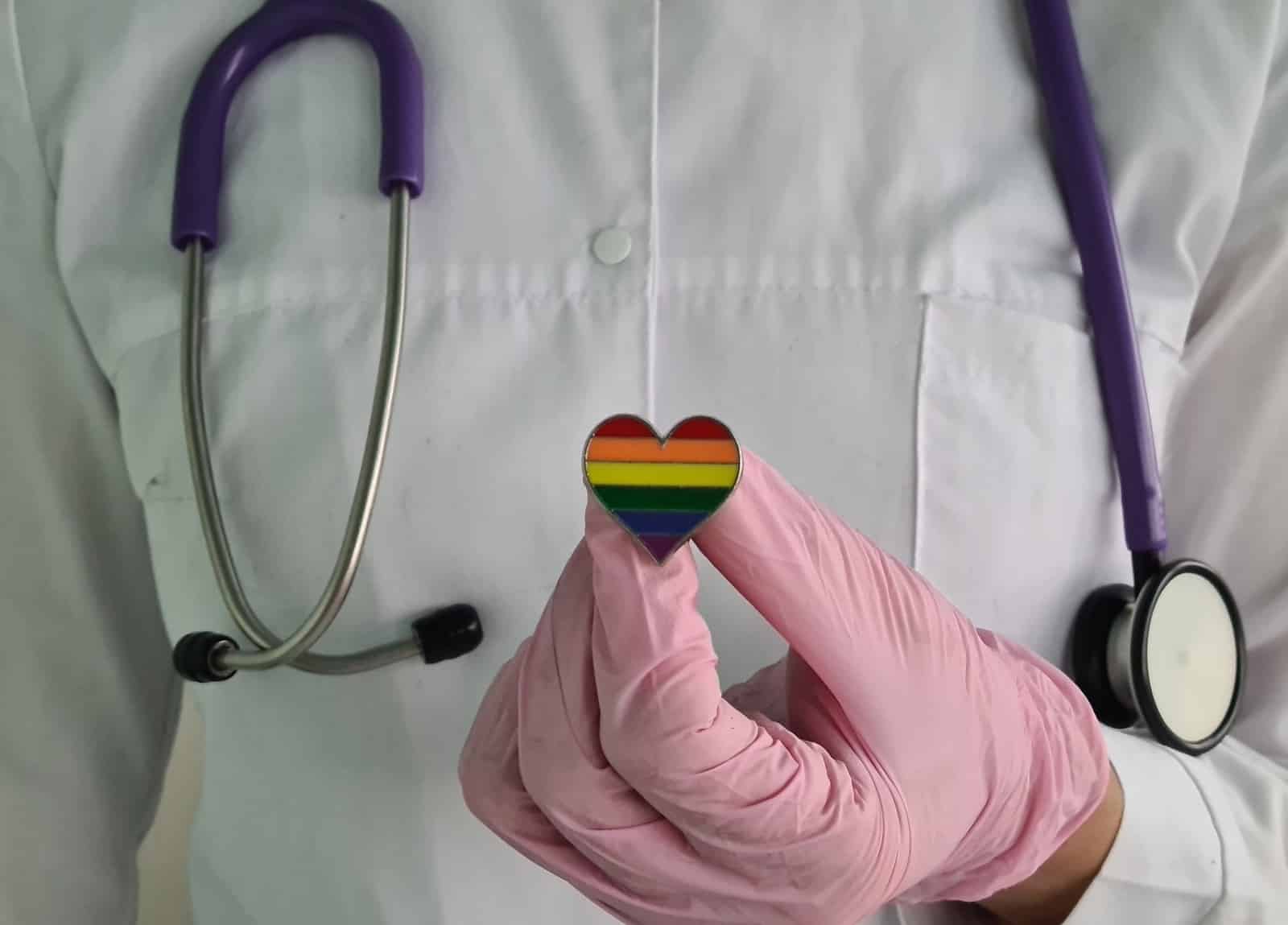
Commissioned in 2020, Dr Hilary Cass was appointed to lead the review in response to a significant referral increase to England’s only youth gender clinic at the Tavistock Centre, which has since closed.
Methodological Flaws

The working group’s appraisal, titled “Critically Appraising the Cass Report: Methodological Flaws and Unsupported Claims,” highlights several issues with the report’s methodology.
Significant Problems

They argue that Cass’s research program has “significant methodological problems” and that “the application of evidence-based medicine to gender-affirming care is deeply flawed.”
Paternalistic Lens

The group also contends that the report’s understanding of transgender identities and experiences “deploys a paternalistic lens that disregards the competence of transgender young people”.
Critical Analysis

The report continues, “Our critical analysis reveals significant methodological problems in the commissioned systematic reviews and primary research that undermine the validity of the Cass Report’s recommendations.”
Poor Understanding

It adds, “In light of this, and the report’s poor understanding of transgender identities and experiences, it is vital that academics, healthcare practitioners, policymakers and the public, question the integrity and validity of the review’s recommendations.”
Quality of Evidence

One of the significant points of contention is the quality of evidence used in the Cass Report. Dr Cass stated that there was “weak evidence” regarding the impact of puberty-blocking hormones on gender dysphoria, labelling historical studies as “poor quality.”
Criticism of WPATH

Additionally, the report criticised the World Professional Association of Transgender Healthcare (WPATH) for lacking “developmental rigour.”
Disputing Findings

The working group, however, disputes these findings, arguing that the evidence base was selectively used and inconsistently applied.
Professional Criticism

The Cass Report has faced criticism from professional bodies previously, such as in May, when WPATH and the US Professional Association for Transgender Health released a joint statement accusing the Cass Review of excluding oversight from patients, their families, and trans healthcare experts.
Robust Methodology Lacking

They claimed that the report’s recommendations were not supported by robust methodology and relied on selective evidence, potentially depriving young trans and gender-diverse individuals of high-quality care.
Politicians Question Report

Politicians have also questioned the Cass Report’s findings and methodology as, in March, Dawn Butler, Labour’s candidate for Brent East, queried why “over 100 studies have not been included” in the report.
Solidarity Expressed
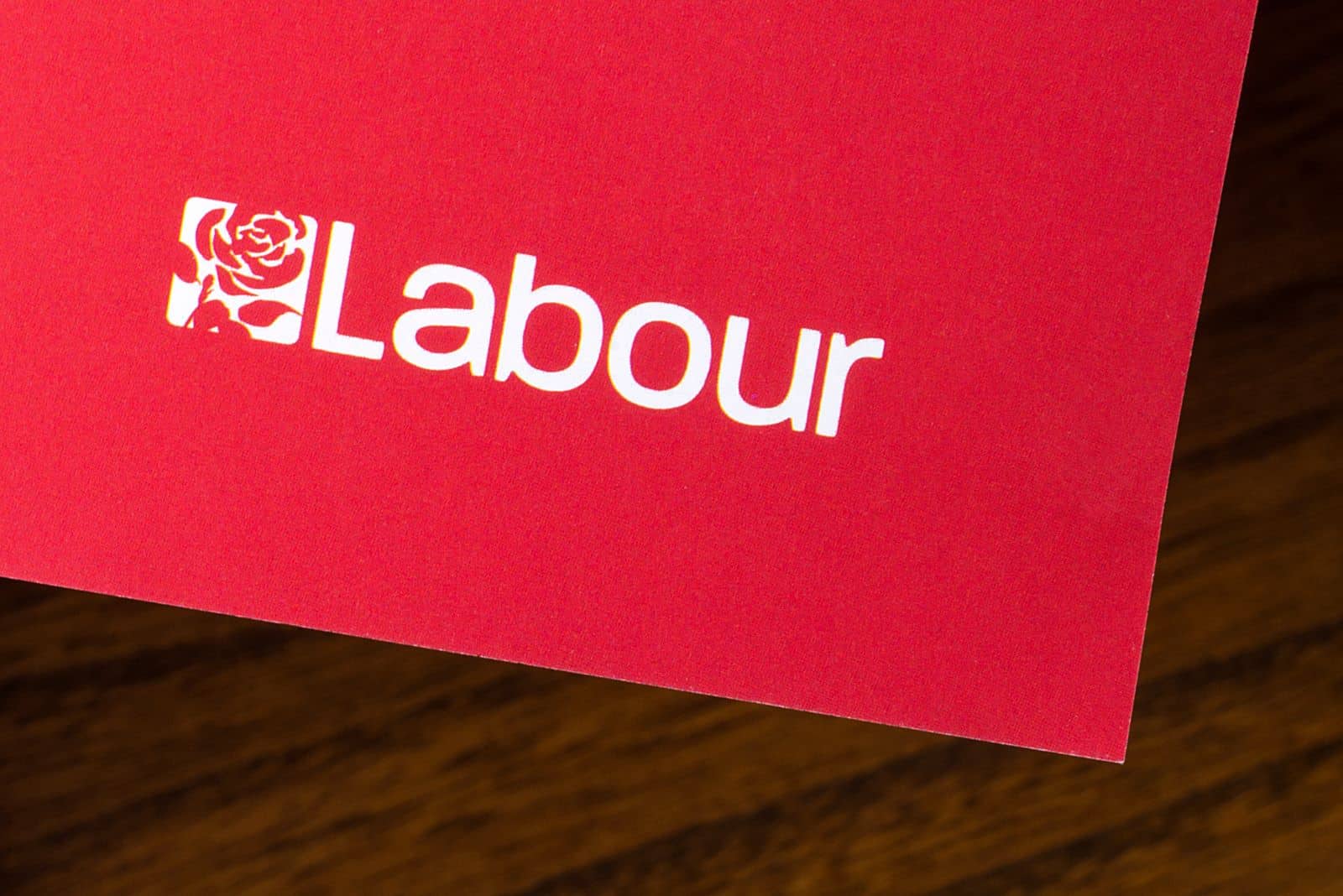
Similarly, Nadia Whittome, Labour MP for Nottingham East, expressed solidarity with the trans community, stating that young trans people, who already face “huge barriers to healthcare, including years-long waiting lists,” should not have their health and wellbeing become a “front in a toxic culture war.”
Health Secretary’s Dismissal

Then Health Secretary Victoria Atkins dismissed these concerns, arguing that Butler and Whittome’s concerns were nothing more than “certain campaigners who are trying to stir up a head of steam that this report is somehow flawed.”
Timely Criticism
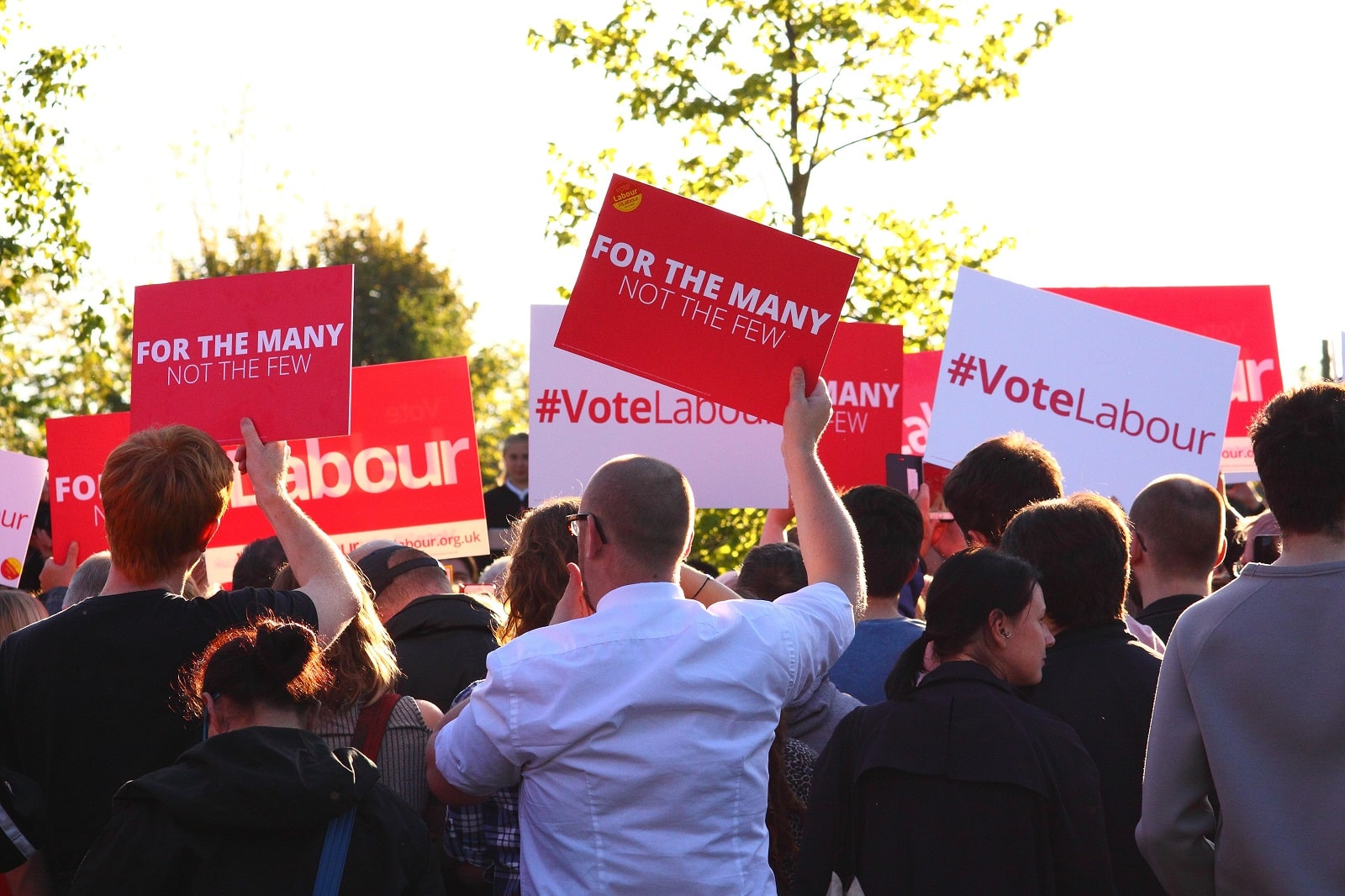
The criticism of the Cass Report from a legion of trans healthcare specialists has come at a particularly timely moment in the general election campaign, with the issue of trans rights once again being made into a political football.
Nuanced Approach Needed

While the trans community is used as a scapegoat, the imperative for a more nuanced and inclusive approach to transgender healthcare has never been more apparent.
Crucial Evidence

Similarly, the need for robust and comprehensive evidence in transgender healthcare decisions has proven to be crucial for providing effective and compassionate care.
Ongoing Debate

The ongoing debate over the Cass Report and its implications for transgender healthcare is unlikely to end following polling day. However, it remains to be seen if, following the widely anticipated Labour landslide, real progress can be made on an issue which, for too long, has been used as culture war fodder while innocent people suffer.
The post Critics Target Cass Report, Amplifying Trans Healthcare Debate first appeared on Now Buzz.
Featured Image Credit: Shutterstock / Loredana Sangiuliano.

